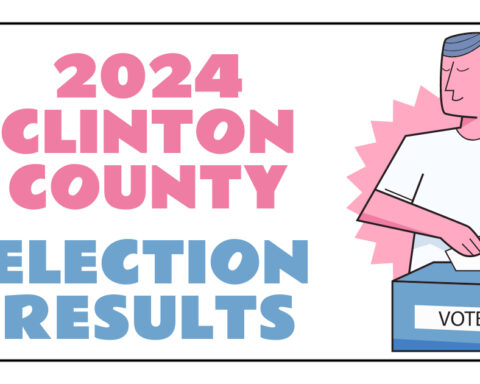FRANKFORT, Ind – A federal lawsuit brought by Common Cause Indiana – a nonpartisan organization that works to promote open, ethical, and accountable government for every Hoosier – has now changed the way mail-in ballots will be accepted and counted across Indiana after a federal judge in the United States District Court for the Southern District of Indiana ruled Wednesday, Sept. 29.
The ruling by federal judge Sarah Evans Barker now requires county election boards all across Indiana to count mail-in ballots as long as the envelope is postmarked on or before election day, November 3rd, and arrives no later than 10-days after the election, November 13. Previously, all mail-in ballots must have been received by the county election board by noon of election day to be counted – unless the ballot would come from overseas, where Indiana law allows for the ballot to be counted if received within 10-days post-election.
As of Monday, Sept. 14, there have been 765 valid requests for mail-in absentee ballots requested by Clinton County residents.
Common Cause Indiana argued the deadline imposed by Indiana law of noon on election day was “arbitrary” and would deprive thousands of their constitutional right to vote. The filing with the court cited the most recent May 2020 primary where 1,949 ballots were not counted in Marion and Hamilton counties because those ballots arrived after the noon deadline – also noted, those two counties account for 20% of the population of Indiana.
Judge Baker’s ruling specifically noted the argument by Common Cause Indiana: “Thousands of Indiana voters are at risk of being disenfranchised through no fault of their own because, even if they comply with Indiana’s absentee ballot application deadline and diligently complete and return their ballot upon receipt, there is still a significant likelihood that the ballot will not reach their county election board by noon on Election Day.”
Judge Baker addressed the State’s argument that voters could request mail-in absentee ballots earlier allowing for a greater amount of time for the ballot to arrive on-time. “Still others may intentionally wait until closer to Indiana’s October 22, 2020 statutory deadline for requesting their absentee ballot, not as a result of dilatoriness, but because they are undecided and therefore not ready to vote well in advance of the end of the presidential campaign or because Indiana’s deadline ‘is giving them a false sense of confidence in timely receipt.’ Defendants’ attempt to minimize the burden imposed by the noon Election Day receipt deadline on such voters by arguing that they could have prevented the problem by requesting their absentee ballot weeks in advance of the statutory deadline or by choosing instead to vote or return their ballot in person is unavailing.”






